
New 2026 data link a usual source of primary care to 20% fewer hospitalizations and 54% lower total costs in adults with chronic disease.

New 2026 data link a usual source of primary care to 20% fewer hospitalizations and 54% lower total costs in adults with chronic disease.

Prenatal aspirin lowers severe preeclampsia 29% in high-risk pregnant patients; cardiology-driven prevention proves safe with direct dispensing.
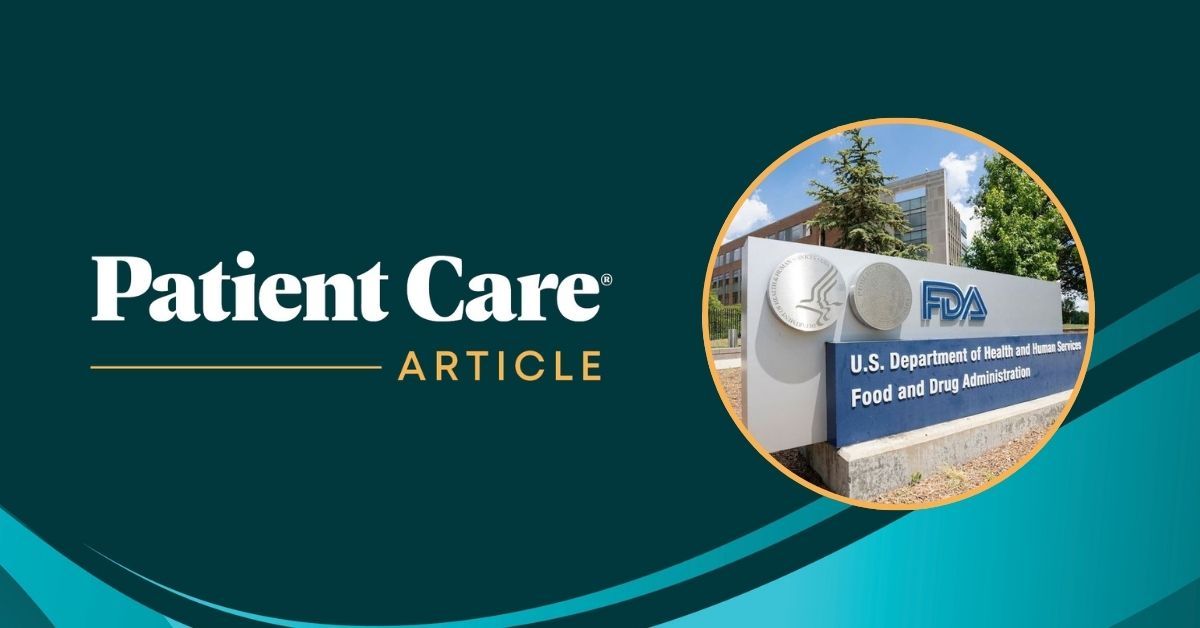.jpg?w=350&fit=crop&auto=format)
FDA updates menopause hormone therapy labels, dropping boxed warning claims on heart disease, breast cancer, and dementia after evidence review.

Data from a new meta-analysis shows weight loss therapies were associated with clinically and statistically significant improvements in psoriasis severity. Study investigators sheds light.

Cardiologist Payal Kohli, MD, discusses why relying on eGFR alone may miss early kidney and cardiovascular risk.
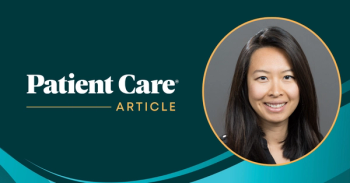
Study finds many Medicaid-enrolled doctors see zero patients, worsening access and overloading others—especially in psychiatry and primary care.

Calling physicians “providers” undermines ethics and professionalism, an American College of Physicians position paper argues.
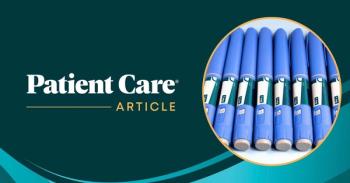
Adults with obesity achieved up to 12.1% mean weight loss with oral ribupatide vs placebo in a 26-week phase 2 trial.

Gus Alva, MD, outlines challenges and opportunities, including stigma reduction, substance use counseling, and practical approaches that support patients.

Booster-backed speed-of-processing brain training links to lower Alzheimer disease and dementia diagnoses, suggesting modest computer exercises may delay decline.
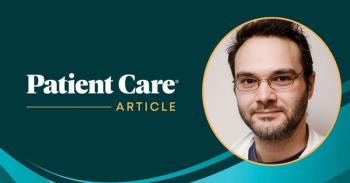
Three-year BE HEARD data show bimekizumab sustains HS lesion clearance, cuts draining tunnels, and improves severity and quality of life.
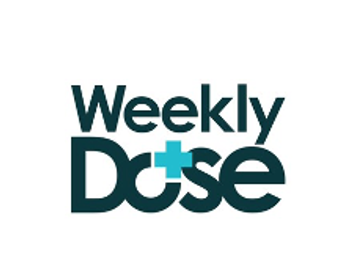
FDA insulin updates, new obesity drug data, vaccine hesitancy strategies, and depression screening insights are featured in this week’s episode.
.jpg?w=350&fit=crop&auto=format)
FDA clears a dissolvable sildenafil oral film for erectile dysfunction, offering discreet, water-free dosing and strong phase 3 results ahead of 2026 launch.
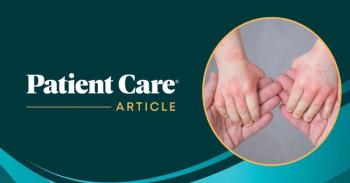
Researchers found that 58% of infants with atopic dermatitis achieved a 75% improvement in EASI-75 at week 4 with once-daily roflumilast cream 0.05%.

Physician researcher Fendrick offers an expert perspective on why removing cost barriers matters, and why navigation and patient realities still determine whether CRC screening succeeds.
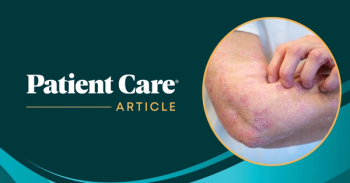
A new study reveals icotrokinra's comparable efficacy to existing therapies, offering hope for treatment-refractory patients facing resistance challenges.
.jpg?w=350&fit=crop&auto=format)
The FDA delays approval of Anaphylm, a sublingual epinephrine film for anaphylaxis, citing administration and human factors study deficiencies.
.jpg?w=350&fit=crop&auto=format)
Amesh Adalja, MD, infectious disease physician, outlines effective communication strategies that respect patient concerns while reinforcing physician credibility.
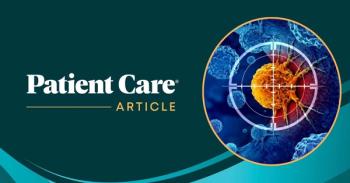
GRAIL advances cancer detection with FDA application for Galleri, a groundbreaking blood test aimed at early detection of multiple cancers.

Obesity medicine specialist Monu Khanna, MD, discusses the critical role of primary care in obesity-related risk reduction through lifestyle, behavior, and emerging therapies.